
Mayoral candidate Rosalind Readhead wants to ban private cars in central London, so the streets will be safer and there will be less damaging pollution.
If all the private cars disappear, she has big plans for how all the space taken up by cars can be used for something better.
Can you start out by telling a bit about yourself and your mission?
Standing as an Independent London Mayoral Candidate for the 2016 gives me the opportunity to open up the debate about how we allocate space in London. My aim is to ban private cars from Central London (zones 1 & 2) and reallocate road space to active travel such as walking and cycling to reduce congestion and address the damaging health impacts of pollution, inactivity and obesity.
Before campaigning to become mayor I worked as a freelance Textile Designer. I was born in London in 1962 and I am a mother of three grown up sons.
How did you get into the car free movement?
I grew up cycling in the Sussex countryside when there were very few cars on the road and have never owned a car.
I never saw cars as the future. I thought, more people = more cars, in a limited space, how’s that going to work?
Each new road erases the natural world and I believe we have a duty to respect our natural environment. I am and have always been sensitive to the damage car culture has on society and our environment. I do not accept that people killed from pollution, road casualties, inactivity and obesity are the price we have to pay or collateral damage.
Why do you want to ban private cars in London?
I admire Ken Livingstone’s congestion charge initiative in London but over time it clearly has not worked. It is time for a more radical approach.
Road charging has some benefits but if you raise the charge to the eye watering amounts required to clear traffic, you will end up with just the wealthy able to drive cars in London. This is already statistically the case and I believe not good for social cohesion. The next stage is to ban private cars in Central London and free up space for walking and cycling, the great equalisers.
Do you want to ban cars in all of London or just parts of the city?
The 2011 census marked a tipping point in car ownership in Central London. The majority of households for instance in Westminster (63%) The City (69%) Islington (65%) do not own a car.
Car owning households in Central London were now the minority. Finally there was a political opportunity to make the case for a car free London in zones 1 & 2. The picture is different in the outer boroughs where public transport is not as concentrated and journey distance to the centre is longer. Here car ownership is still in the majority.
Why not ban all vehicles instead of only private cars?
I’m not advocating the banning of public transport and commercial vehicles as I believe they are essential to running the economy and maintaining the city. However I do want these modes rationalised, reduced in number and upgraded to the cleanest models available.
Owning a private car however is not a neccessity and private electric cars and scooters don’t address the underlying problems of congestion, road casualties, inactivity and obesity. They may pollute less in the direct environment but the electric grid is only 19% renewables and still polluting elsewhere whether coal and gas emissions or nuclear waste.
E waste from Electric vehicle batteries en masse would present a new challenge for toxic waste and are very expensive to recycle.
Wouldn’t allowing commercial vehicles still make the roads dangerous?
I believe there is a place for sharing taxis, buses and commercial vehicles but taxi numbers must be capped, freight and buses made safe for London’s streets and HGVs and commercial vehicles banned at rush hours. I would also like to introduce a licence for all commercial vehicles operating in zones 1 & 2.
20 MPH (32 km/h) must be maintained enforced and extended to guard against dangerous speeding. Diesel must be banned in all modes across London and cargo bikes encouraged and incentivized for light delivery and commercial use. Protected cycling lanes on main roads and active travel corridors, just for bikes would help prevent mixing with dangerous vehicles. I totally support Vision Zero.
What should happen to the cars that are already owned by the Londoners?
Unfortunately diesel will have to be crushed, a very bad mistake and all who bought into or promoted the switch to diesel will have learnt a difficult lesson, unless diesel cars can be recycled into bikes?
Cleaner models will have some resale value. I would be happy to incentivize people to ditch their diesel immediately to join an electric car club or receive a bike.
I believe it is firstly important to make active travel and public transport as accessible and inclusive as possible for people with disabilities and older people. Active travels benefits a wide range of people; customised cycling bikes promoted by, for instance, Wheels for Wellbeing give a variety of options for many disabilities, including hand cycling and assisted.
Being socially inclusive creates a society that is more cohesive.
What will you use all the empty roads and empty parking space for?
Making space on the roads for a quality, safe, inclusive cycling experience is paramount. Whether that is protected lanes, filtered permeable or Active travel corridors (whole roads for bikes) is down to what works best in each location.
It also occurred to me that freeing up vast amounts of space used for parking private cars (6.8 million parking spaces in London use up 78.5 km sq, based on minimum parking space) could unlock car parks as brownfield sites for key worker housing, at reasonable rents, linked to their jobs in the vicinity. I would also like to plant more trees on previously car lined streets.
What is your timeframe for getting rid of private cars in London?
I would move fast to ban private diesel in Central London, one years notice; 9500 deaths per year requires a proportionate response.
2 years to ban private diesel in the outer boroughs and commercial in Central London, 3 years to ban commercial in the outer boroughs and all private cars from Central London.
Logistically this is radical change. We would not be able to build all cycling protected lanes on main roads fast enough, but road closures of rat runs as alternative car free cycle routes could be implemented within the time frame.
How do you get around yourself?
I mostly walk in London, with the odd bus and tube for longer journeys. I do occasionally cycle using a Boris bike or on a friends tandem, but I’m part of the majority that feels very uncomfortable cycling in London with congested streets, mixing with large HGVs and buses and very poor cycling infrastructure.
I would love to cycle more, I live like many Londoners in a very small flat so I’m currently on the look out for something practical to park and ride, maybe a folding bike or with a basket, or even a cargo bike if I could have safe parking but most importantly with a saddle like a sofa!
Trains are the way forward for longer internal journeys in the UK and I would like to see more investment, more incentives and ultimately prefer railways to be nationalised for the good of the country rather than for profit. I travel by train mostly out of London. Bike provision on trains is an issue and one that needs addressing.
I occasionally catch a lift or use taxis where there is little or no public transport provision. I have sympathy with the ideal that public transport should be a basic human right. But it is difficult in very rural areas. Sharing taxis might provide a more flexible option than buses. I like the idea of connecting cities / towns with dedicated cycle lanes like the proposed HS2 for bikes.
In Seville, I was loaned a vintage bike that was perfect for pootling around the cycleways.
What should happen to cars outside London?
Outside London I believe the banning of private cars in city centres and banning diesel are important for the health of the urban environment. Prioritising active travel is the way forward for the 21st century.
Nearly half of commuters in the UK live less than 5 miles from their work, an easily cyclable distance. And these journeys must be made safe and inclusive to encourage as many people as possible to choose cycling as the healthy option. In the London outer boroughs, 66% of journeys under a mile are made by car.
We are doing something very wrong if it is easier/ more comfortable/cheaper for someone to take the car rather than cycle or walk under one mile.
Cars should never work out cheaper than public transport so taxing car use through fuel or road usage or road tax are all options and ploughing that back into public transport and active travel infrastructure. Residents parking permits need to be at least £1,000 per year (Southampton Central charges) to represent their cost to the public highway.
Should private cars potentially be banned everywhere in the UK?
Currently most people are living in urban environments, but for those who live in rural areas it is far more difficult to ban private cars. Sharing taxis may provide a more flexible option than bus routes.
There may be long term solutions that I can’t conceive of yet, but if we do maintain some presence of private cars it needs to be done with respect for other road users and I believe presumed liability enshrined in UK law would be the most efficient way of ensuring that.
Is London part of a wider global movement to go car free in City centres? And how will this impact on climate change?
Yes there is a worldwide movement to go car free in Cities that includes politicians and grass roots campaigners, From Al Gore to Richard Branson and even perhaps more unexpectedly Jeremy Clarkson who said ‘Get rid of your car, you don’t need it’ in a recent Sunday Times article.
Transport and in particular private cars are one of the fastest growing contributors to CO2 emissions. Some predict that 1 billion cars today will rise to 2 billion by 2020. It is crucial and pressing that we curb this rise in car use as well as addressing other contributing factors. Cycling and walking are vital to transforming not just our cities but also our planet.
Should you have any questions or require further clarification on the topic, please feel free to connect with our expert author Tue Lindblad by leaving a comment below. We value your engagement and are here to assist you.


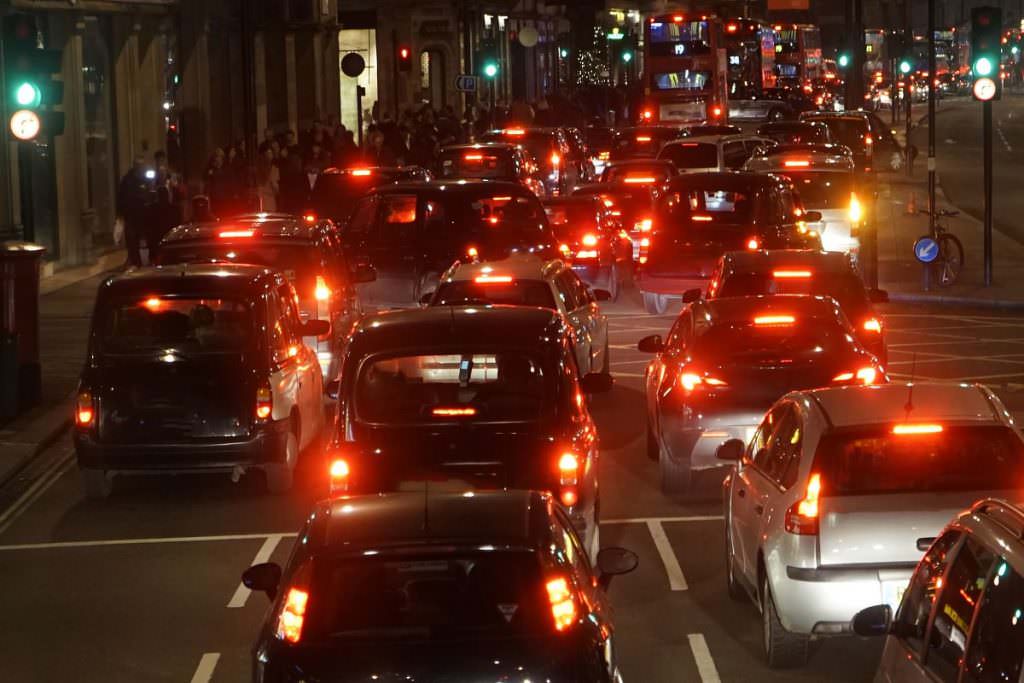
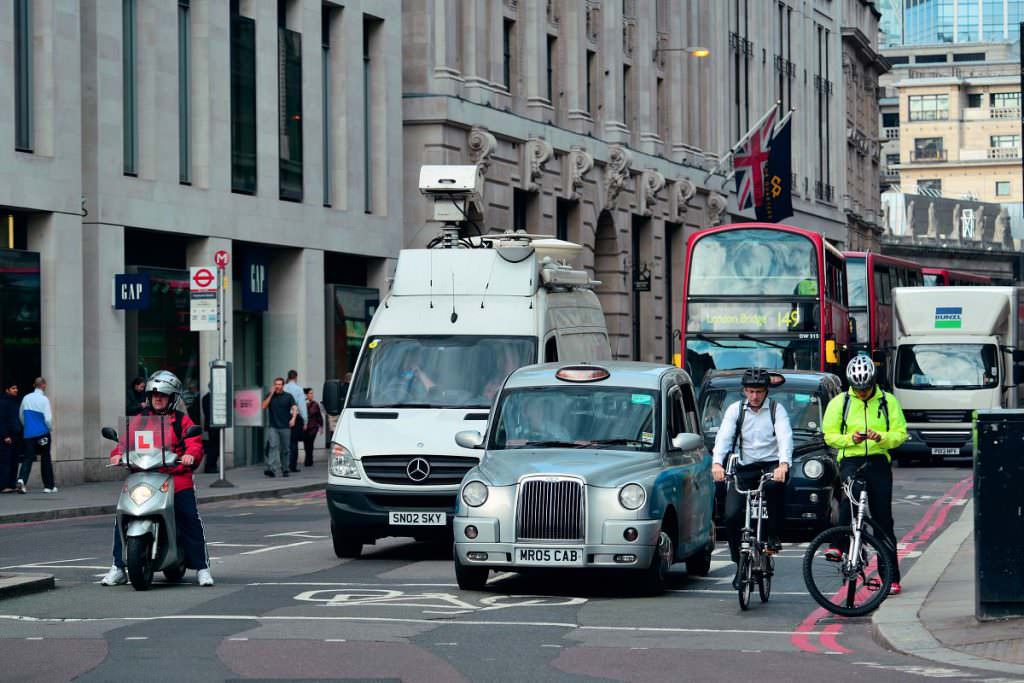
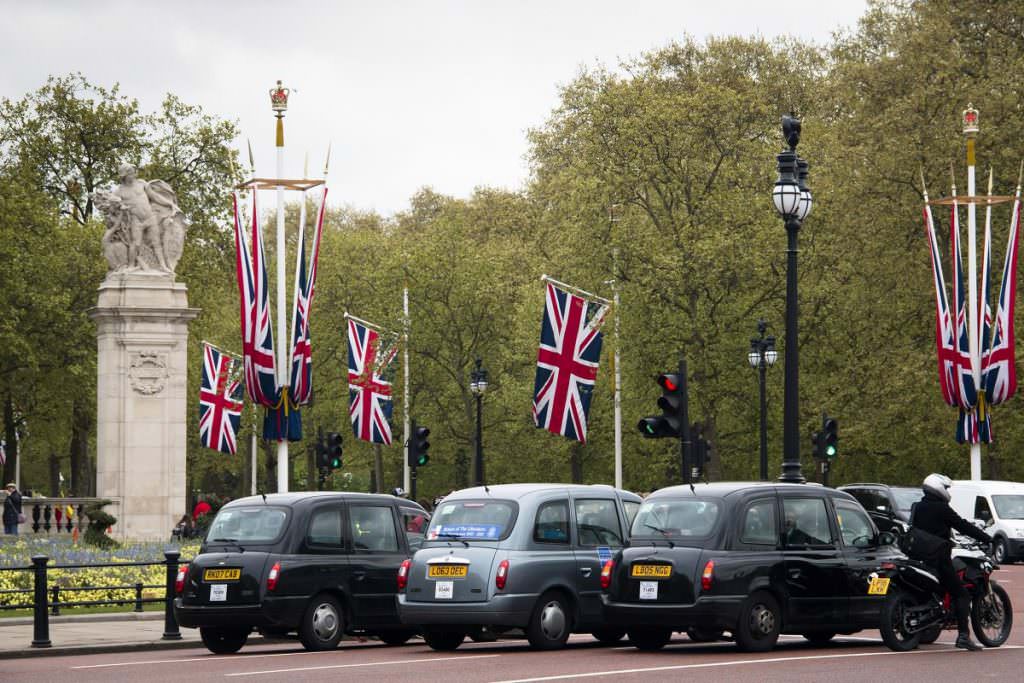
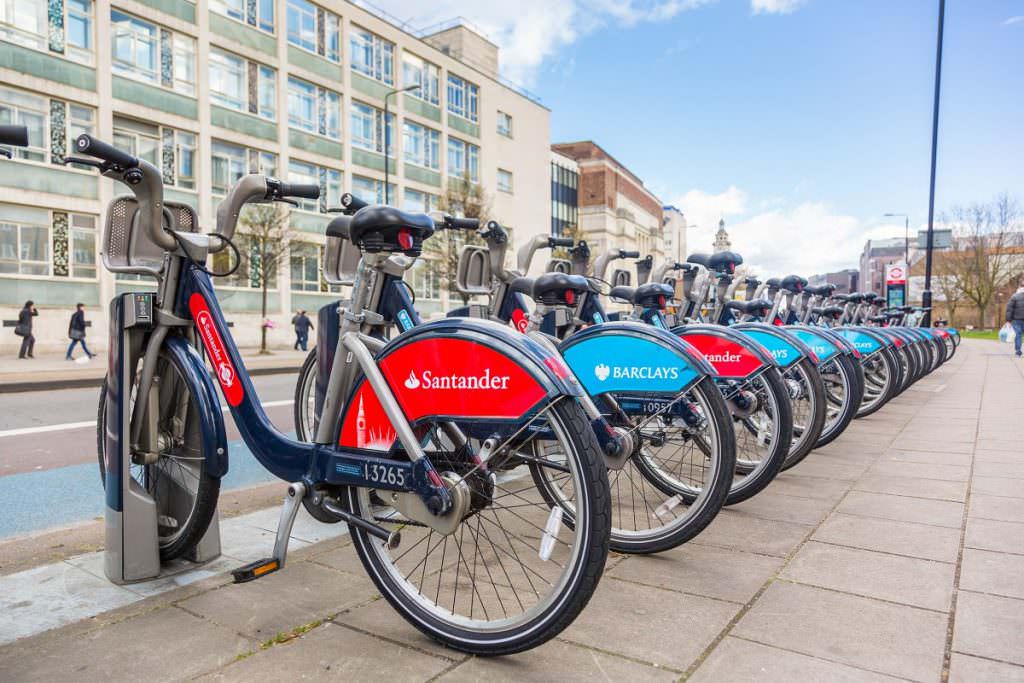
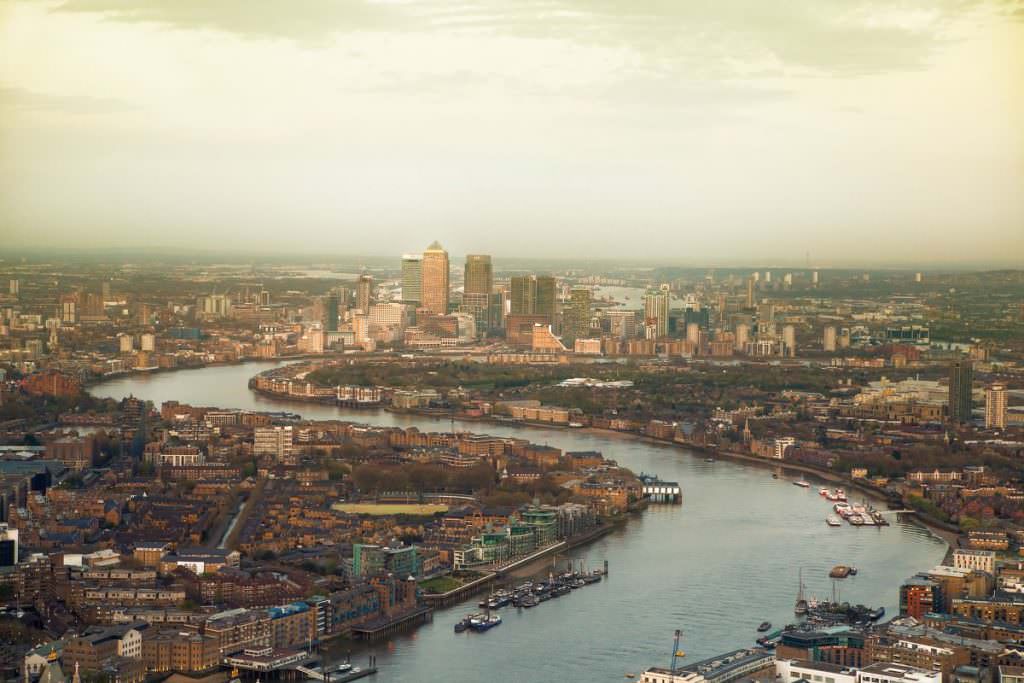
1 thought on “Rosalind Readhead Wants To Be Mayor of London And Ban Private Cars”
That is a great thought that Rosalind has given for the London streets. But I would prefer saying that they should replace the private cars with electric bikes to benefit some lazy people. Though the bicycle is preferred my most in the city, yet many are there that would like to go with technologies and inventions.